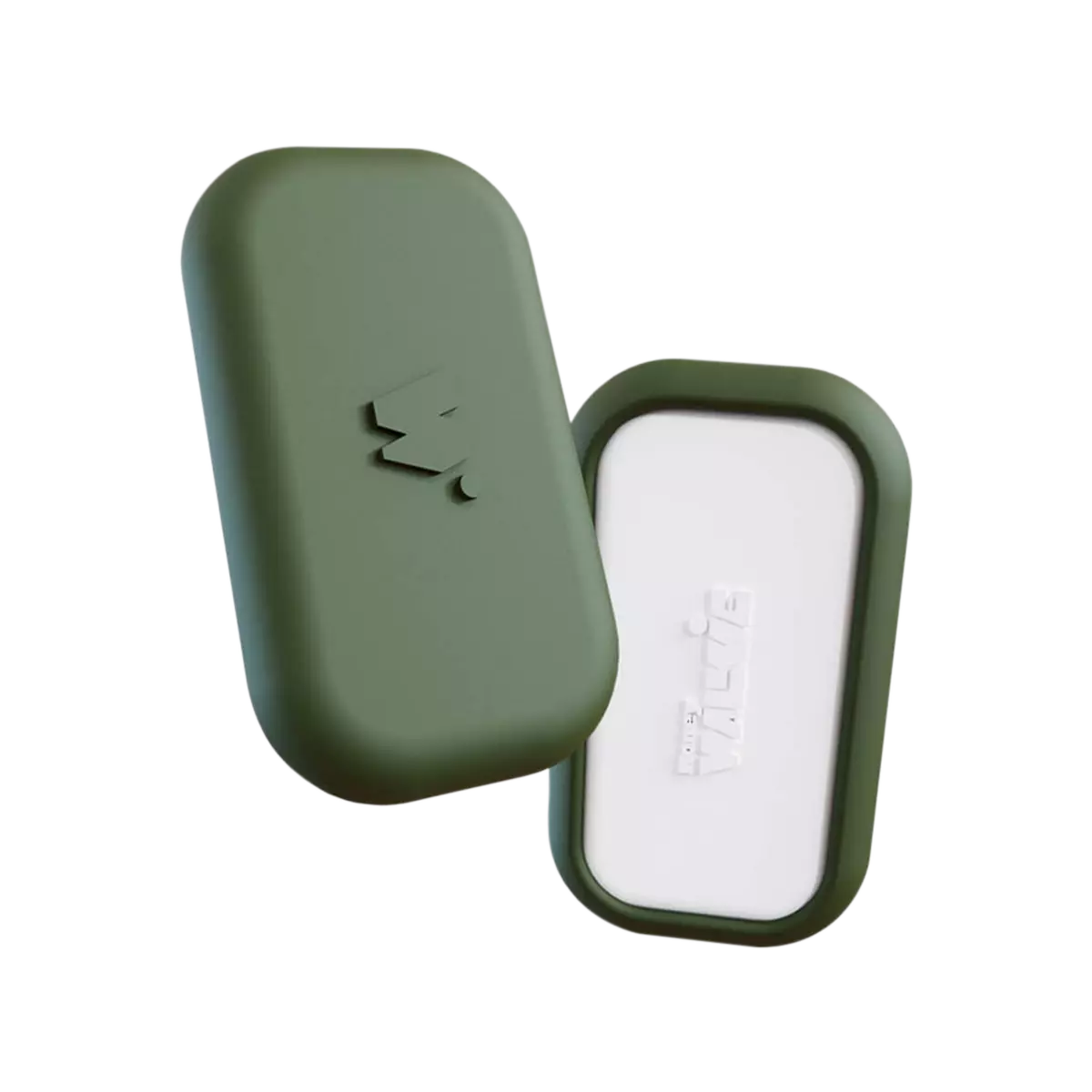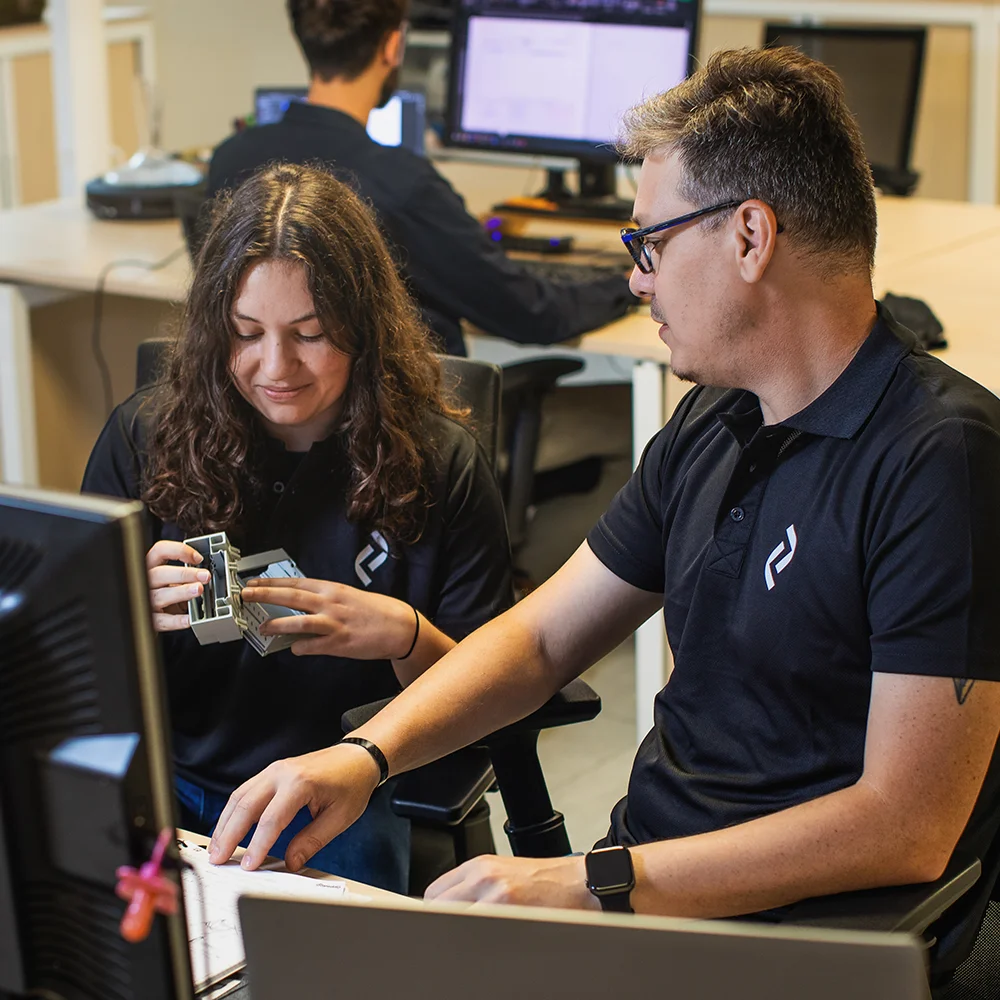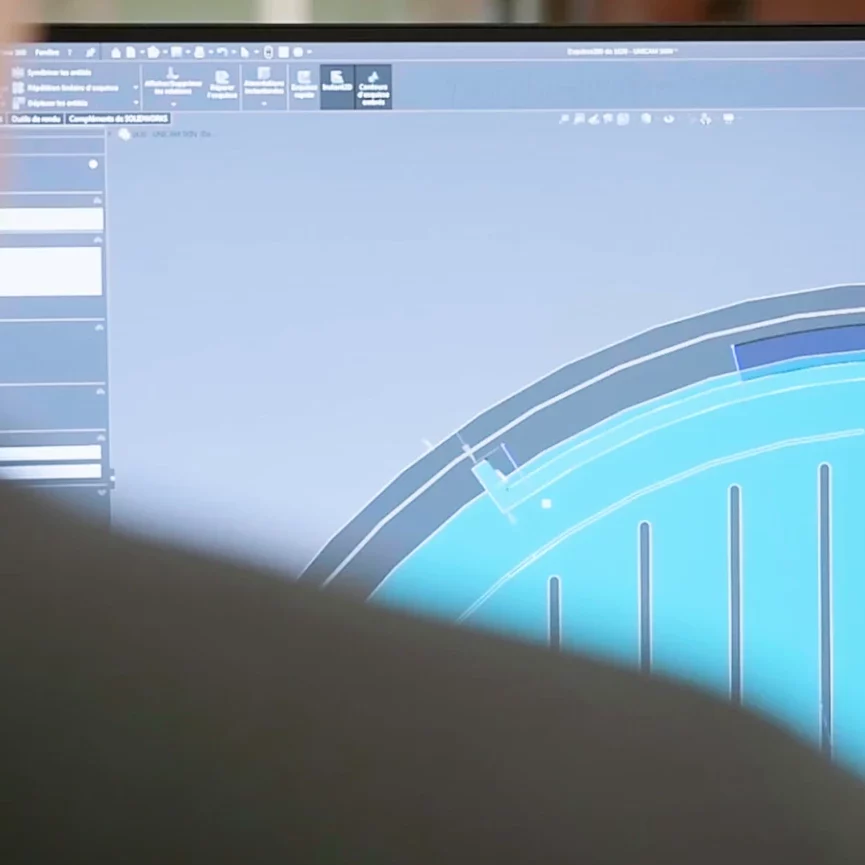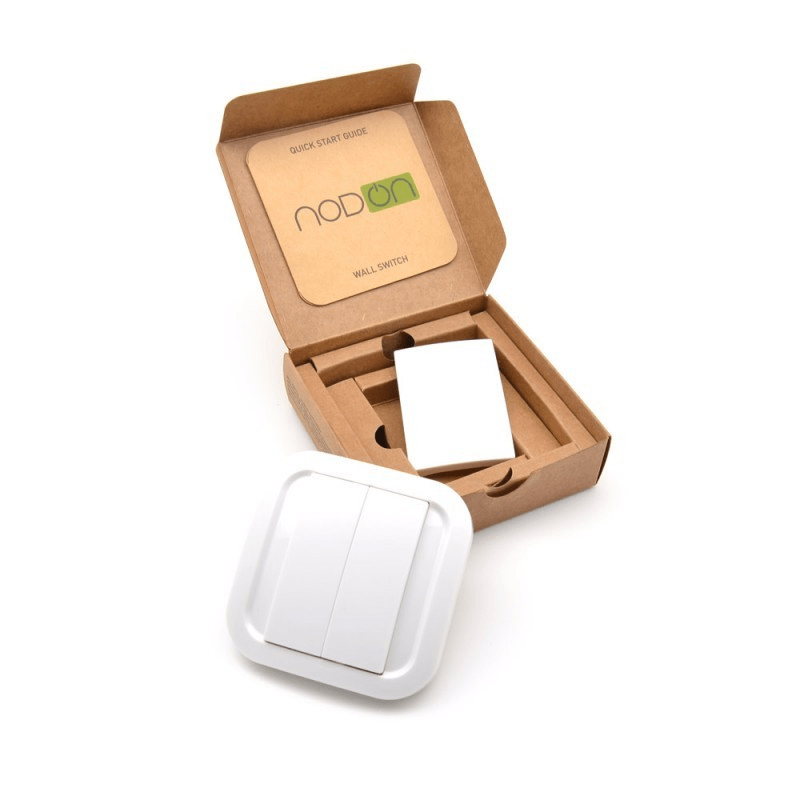An integrated design thinking studio
Design thinking for optimal user experience
As early as 2007, we decided to integrate a design thinking approach at the heart of Altyor to guarantee our customers differentiating products with high esteem value. Design thinking is a new approach to production creation that is intended to be holistic, combining product design, user experience, market environment and ecological impact.
The aim is to create a product that will offer the user a high-quality experience (UX), both for the product itself and for what accompanies it, such as the packaging, and for the user’s first moments of discovery of the product.



Design thinking objectives and milestones
The aim of design thinking is to create an object as part of a problem-solving process. To do this, the first step is to understand the future user. This involves gathering information about the user’s life and tastes. Online questionnaires or other surveys will provide this information, so that we can then create personae, i.e. typical identity cards for your different users.
Then it’s time to define the problem.
Then comes the ideation stage, with the first ‘pen strokes’ and customer testing.
Industrial design and realistic 3D rendering
Our designers begin their work on digital tablets, drawing initial sketches that can then be transposed to Solidworks or Pro-E to integrate the structure, interior parts and mechanical and electronic constraints.
This industrial design is available in several versions, with realistic 3D renderings resulting in proposals from which you can choose.
Our designers have strong personal signatures. They are constantly on the lookout for new trends to offer the very best in design.

Get a quote tailored to your project!

The use of design thinking in packaging, an important part of product design
As well as promoting the product and the brand, packaging has a number of other tasks: attracting the buyer’s attention on the shelves, communicating a message (the nature, quality and benefits of the product), triggering the purchase, attracting the buyer after the purchase, facilitating use, optimising downstream logistics, thinking about recyclability and end-of-life, etc. Let’s not forget the basic functions of packaging: to contain and protect.
Many parameters need to be taken into account in product design: the target consumer, the current trend, positioning in stores, the expected esteem value of the product and packaging, eco-thinking with the Design for Tomorrow team, the cost objective of this packaging, legal information, etc.
The designer also intervenes at this stage to guide the customer on dimensions, taking into account logistical constraints. Altyor has extensive distribution experience through its subsidiary Tiloli.

How to design a successful connected object?
Mechanical and electronic design is the first major step in your product journey. It will lead you to the prototyping, industrialization and production phases. In this guide, you’ll discover 18 key points for designing your connected object.



